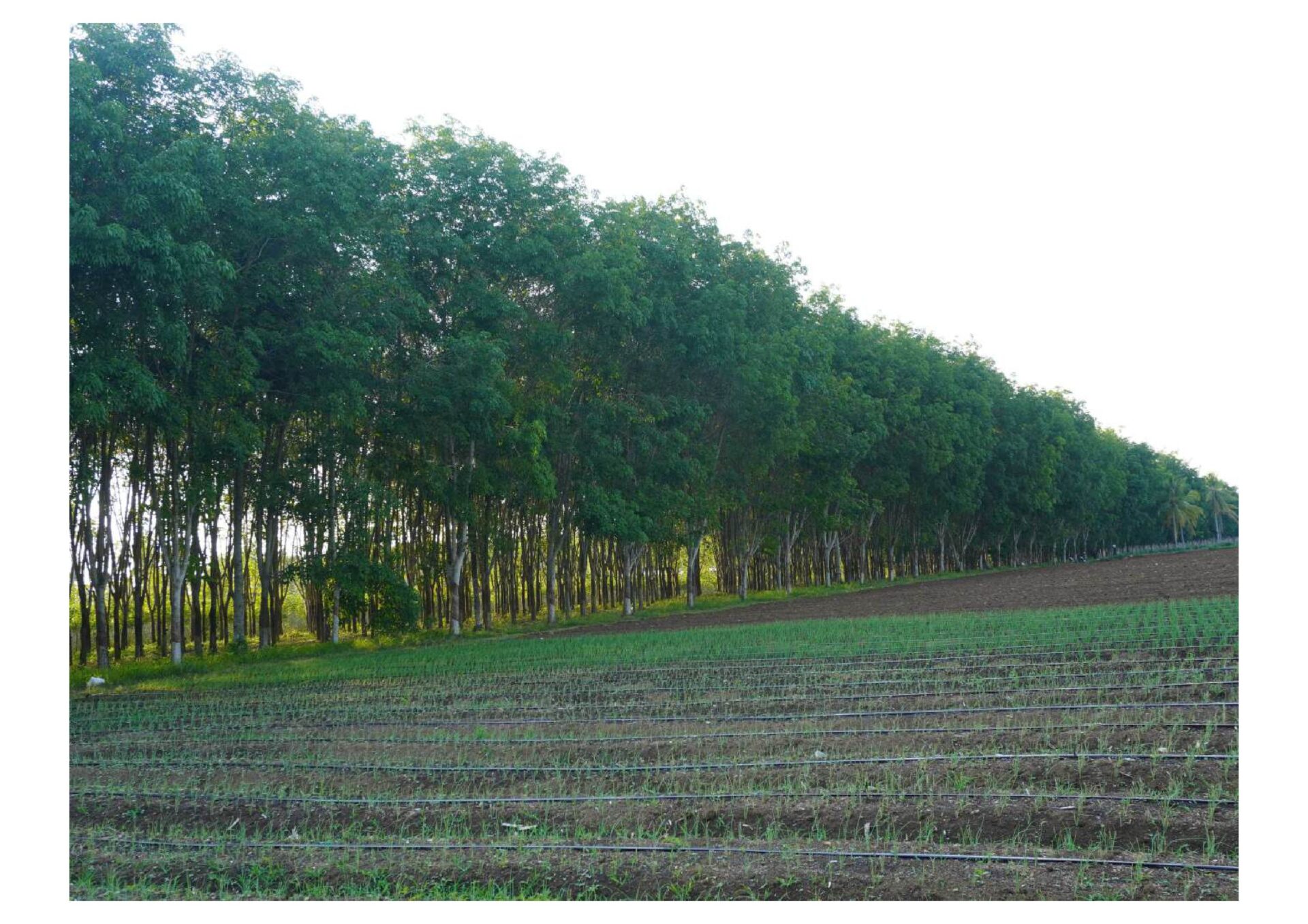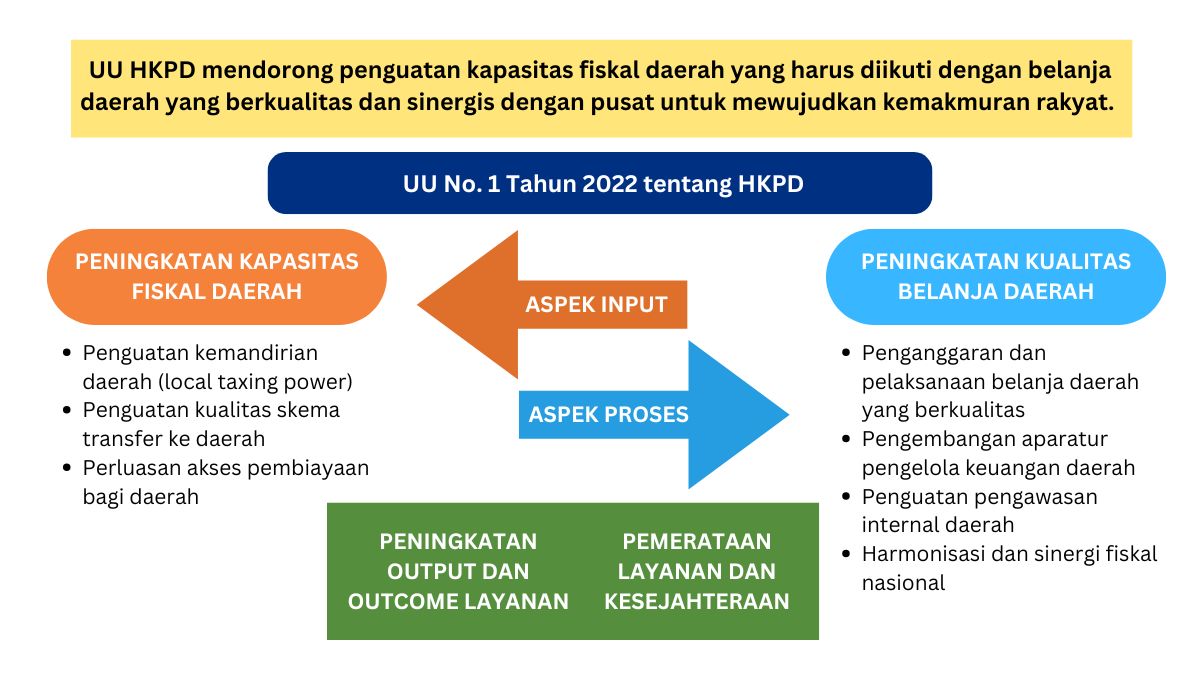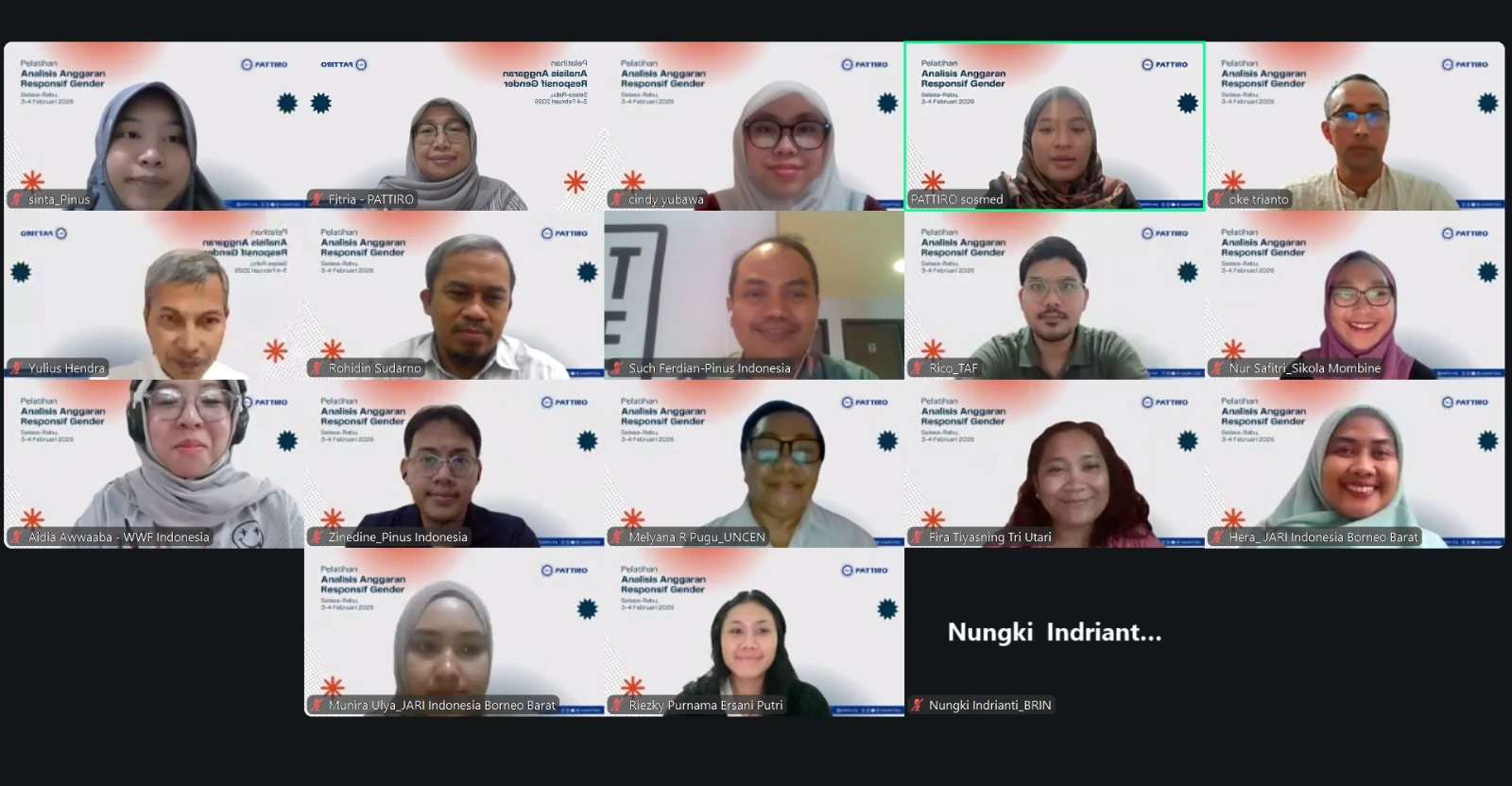PATTIRO welcomes the government’s steps, especially the Ministry of Home Affairs, in revising government regulation (PP) number 12 of 2019 on regional financial management. This regulation is a mandate from law (UU) No. 23 of 2014 which still refers to Law No. 33 of 2004 on financial balance between Central and local governments. However, since 2022, Law No. 33 of 2004 has been replaced by Law No. 1 of 2022 on financial relations between the Central Government and local governments (HKPD law). Therefore, this revision is expected to align regional financial management with the latest regulations.
Given the importance of the PP in supporting good governance, PATTIRO provided input for its revision. One of PATTIRO’s proposals is to strengthen financial ties between Central, Regional and village governments through fiscal incentive schemes that reward environmental management performance at the regional or village/kelurahan level. Regions with crucial ecological functions should receive adequate fiscal incentives to optimize the management of their ecological potential. The role of regions rich in ecological functions is very important in achieving sustainable development targets and reducing greenhouse gas emissions.
Figure 1. Explanation of the Ministry of Finance on strengthening ecological-based fiscal incentive policies in regional financial management
To support the strengthening of ecological Fiscal Transfer (EFT) policy, PATTIRO has held meetings with various stakeholders, including the Ministry of Finance. Sandy Firdaus, director of the public Transfer fund of the Ministry of Finance, stated that the revision of Government Regulation Number 12 of 2019 needs to be done immediately to be in line with the mandate of the HKPD law. This revision should also focus on increasing regional fiscal revenue and optimizing the effectiveness of regional spending.
According to him, PATTIRO’s idea to encourage ecological-based fiscal incentives in the revision of PP No. 12 of 2019 is in line with the focus of the Ministry of Finance. The EFT scheme through financial assistance expenditure aims to improve the quality of regional expenditure and strengthen financial relations between the central, regional and village governments in managing the environment.
Strengthening Ecological Financial Aid Policies
Facing increasingly complex environmental challenges, PATTIRO considers the principle of sustainability as an important basis for regional financial management. The long-term ecological financial assistance policy is expected to strengthen fiscal incentive policies in accordance with PP No. 12 of 2019. With this scheme, local governments are encouraged to develop more sustainable solutions in dealing with environmental issues, in line with the mandate of Environmental Management stipulated in Law No. 32 of 2009 on Environmental Protection and management.
Sustainability policies play a vital role in ensuring wise management of Natural Resources. In regional financial management, environmentally friendly fiscal incentives are expected to support long-term initiatives that are aligned with national and global policies. Regulation-backed ecological financial aid policies will motivate local governments to effectively plan and implement environmental programs, encouraging sustainable development in various regions.
Figure 2. Online discussion PATTIRO discusses input on the revision of PP No. 12 of 2019 with the Central, Regional and CSO governments some time ago.
Special financial assistance, such as ecological-based Provincial/District budget transfers (TAPE/TAKE), allows local governments to adopt sustainable development models. With regulations that support the achievement of environmental performance, this assistance serves as a long-term mechanism to improve the quality of Environmental Management. Incentive-and performance-focused arrangements are expected to strengthen the region’s commitment to environmental conservation and sustainable development, drive emissions reductions, and protect biodiversity.
Regional Regulation Of Special Ecological Financial Assistance
The regulation of special financial assistance for the environment should be regulated through local regulations, because it provides a stronger legal basis than the regulations of the Regional Head (Pergub, Perbup or Perwali) that have been applied. Regional regulations, which are discussed jointly between regional heads and DPRD, offer a solid legal foundation, so that policies in them can be applied consistently. This is especially relevant for environmental management that has strategic and long-term impacts. Through local regulations, environmental policies will be more resistant to political change and support the sustainability of environmental programs.
Regulation through local regulations allows wider public participation in the process of making, in contrast to Perkada which is often prepared more quickly and with minimal community involvement. By involving communities, civil society organizations, and related stakeholders, local regulations can better reflect the needs and priorities of local communities in Environmental Management. The legitimacy of stronger local regulations, supported by DPRD, shows the commitment of local governments to environmental issues as a long-term priority. It also helps regions achieve sustainable development targets (SDGs) and greenhouse gas (GHG) emission reductions, which are important in facing global challenges related to climate change and environmental degradation.
closing
Revised PP No. 12 of 2019 is an important momentum to strengthen the legal basis and extend the duration of the ecological special financial assistance policy to be more effective in supporting environmental conservation.
PATTIRO proposes that special ecological financial assistance be regulated through local regulations rather than only through regional head regulations to maintain policy stability from the influence of political changes. Through this revision, it is expected to form a more effective and sustainable environmental funding policy, in order to improve the welfare of the community and environmental conservation in Indonesia.
author: Sumyati and Ramlan Nugraha, SETAPAK 4 PATTIRO Program Team







